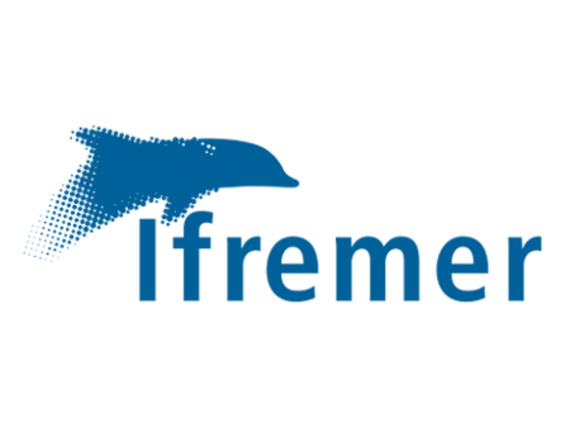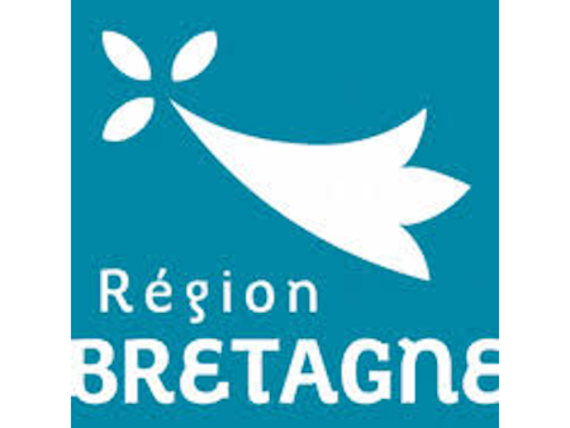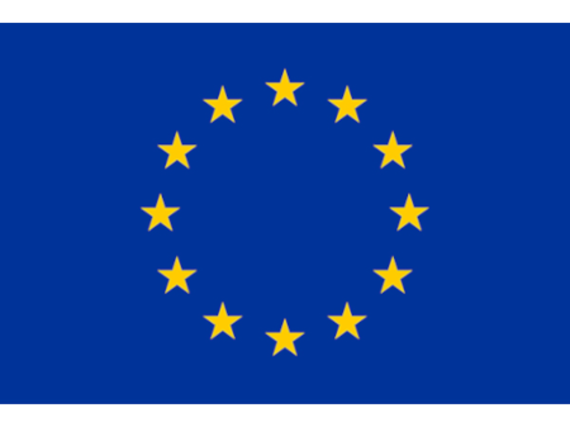COECODIGUE/CLIMAREST
To trial 100 large-scale intertidal rock pools as an eco-engineering solution.
The port of Brest has invested massively in renewable ocean energy infrastructure. 2022 will see the completion of a new 14 hectare polder that will be used for reception, preconstruction and transportation of offshore wind turbine components. An 890 metre long-arched dam retains the new polder land. This steeply sloping rock revetment is made up of large granite boulders. With the target effect of enhancing biodiversity, local stakeholders decided to place 100 artificial pools (ecoblocks) within the revetment at three different intertidal levels. These ecoblocks are large hollow 8m3 cement cubes able to retain 0.5m3 of water.
Here at LEBCO we are responsible for the long-term monitoring of this eco-engineering intervention. The overall aim is to study whether the presence of these ecoblocks successfully enhances biodiversity.
We combine drone imagery, quadrat still imagery, rapid assessment surveys and DNA-based molecular approaches. We aim to answer three main questions:
1) Do the ecoblocks support benthic communities comparable to both the adjacent boulders and to the subtidal part of the rock revetment?
2) Are the ecoblocks characterised by depauperate communities, dominated by opportunistic and invasive alien species?
3) What are the temporal dynamics of these communities? Can they reach a stable state in a port area, and if so, when?
Scientific contact : Amelia Curd, Antoine Carlier, Gabin Droual
Collaborations:
Financial partners:
The project was financed by Région Bretagne until 2022, then by the European Union








